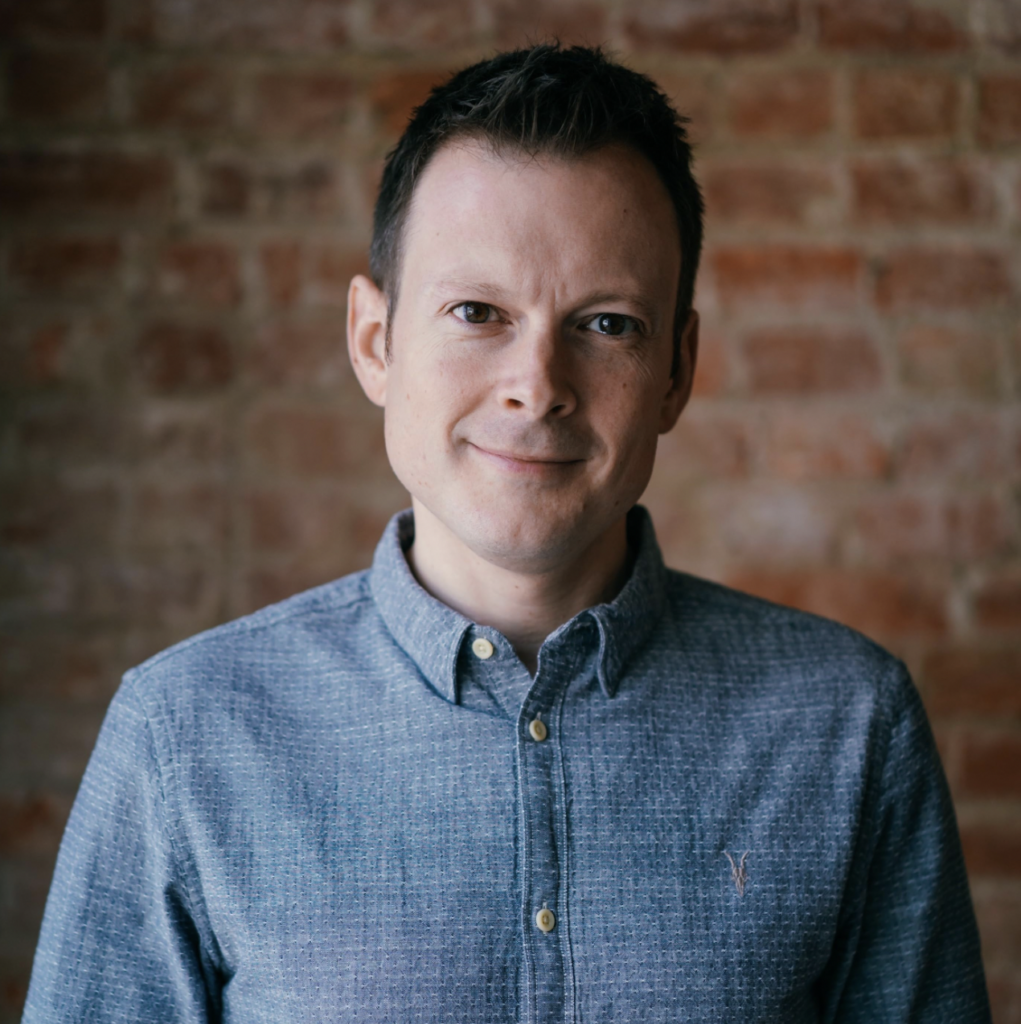The Guide sat down last week with Nate Mook, former CEO and the executive producer for the 2022 documentary “We Feed People,” to discuss his experience with the film and his opinions regarding the modern-day crises society faces.
The documentary revolves around World Central Kitchen (WCK), a nongovernmental relief organization, with a mission to change the way people view climate and humanitarian crises. WCK is dedicated to providing fresh, hot meals to international communities ravaged by these crises, founded by world-renowned chef and social activist, José Andrés. In addition to filming, Mook worked to improve the foundation and scope of WCK, aiming to provide food to those who need it most.
But this was not the first project that Mook and Andrés have worked on together. After moving on from short-form documentaries, Mook describes his shift towards larger-form docs such as 2015’s “Undiscovered Haiti”, in which he and Andrés examined the cuisine of Haiti through their firsthand experiences.
“That led me to realize the type of stories I wanted to tell with World Central Kitchen — something engaging that brings people into the moment,” Mook told The Hoya.
Mook monitored global events closely during filming, always keeping watch of news that could grow into a crisis. When it becomes clear a disaster will occur, WCK immediately activates, usually arriving on the scene days before in order to assess the situation and ensure that they will have adequate coverage for the community, according to Mook.
“We often are the only people who have access to food, so more often than not, we are not only serving members of the community but first responders too,” Mook said.
A common question when learning about the WCK, Mook recalls, was “why don’t they just leave?”
“The reality is that some people can’t. A lot of people do, but many don’t have the means to leave: they might not have a car, a place to go, money for gas,” Mook said.
Yet as much as the team tries to anticipate obstacles during disasters, there are sometimes events that make it impossible to stick to the plan. While in North Carolina in 2018, Mook said an unpredictable hurricane caused major flooding in the region, effectively cutting the region in half and making WCK vulnerable.
Mook said that his most anxiety-inducing experience while filming was during this trip, when the flooding got particularly severe.
“The water got so high that the truck Jose was in went off the road and basically tipped over. Jose called me… and said, ‘we might not make it out of this,’” Mook said.
During his panel at the Washington West Film Festival two weeks ago, Mook discussed the broader implications of being involved with an immediate agency like WCK. He alluded to the fact that nongovernmental organizations like WCK and religious organizations are expected to shoulder too much of the responsibility to ensure civilian safety and survival during food crises.
“Historically, communities are often expected to be first responders themselves, followed by churches and organizations such as the Red Cross,” Mook said.
Mook later expressed his frustration with the lack of action from domestic and foreign governments and agencies during the COVID-19 pandemic and other food crises that WCK faced.
“That worked for a while, but ultimately it is the government’s role to serve the people,” Mook told The Hoya. “Crises have become so much larger than it is feasibly possible to handle by only relying on private groups. You can’t outsource key services to the goodwill of charities.”
Mook concluded by emphasizing the larger message that films such as “We Feed People” strive for: involvement in one’s own community.
“The entire doc emphasizes that this work is possible because of volunteers and the community coming together for the sake of helping others,” Mook said.
Although the WCK team has struggled with overcoming the status quo in order to change the culture of disaster relief, Mook said individual persistence and challenging your own beliefs about our world are necessary.
“There are so many opportunities to jump in and not wait for someone else to save the day, because maybe this time they’ll be too late,” Mook said.
Mook stressed that, despite feeling helpless to change perspectives, it is vital to take the first step into understanding the challenges others face and trying your best to help.
Mook has since moved on to his new venture: supporting Ukrainian refugees, both human and animal. Yet, his message to Georgetown students stays the same: it’s never too late to take the first step in understanding and becoming involved in your community.
“It’s okay to say ‘I don’t know exactly what to do, but I know we can do better.’ That’s how innovation happens,” Mook said.















David • Nov 5, 2023 at 11:01 am
Excellently written piece on a vital topic. Thanks for having the vision and skills to publish it!